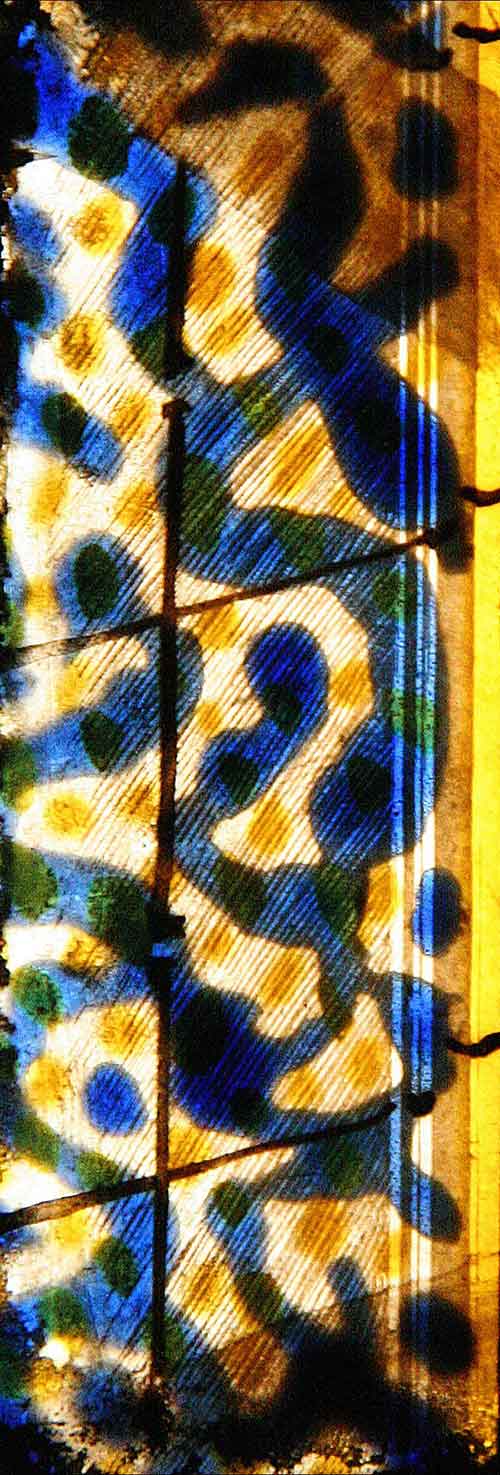Sharing knowledge
Discussing and transmitting knowledge is indispensable in our job. For too long, knowledge was separated, just as the tasks were distributed between workers. For example, the one who assembled could not access to the painters’ knowledge.
The notion of “workshop secret” was also important. As far as conservation issues are concerned, each workshop dealt with them independently and the communication about the nature of the work done did not exist. But it was not until the evolution of the conservator-restorer during the nineteenth century and the beginnings of the “Laboratoire de Recherche des Monuments Historiques” that professionals began to communicate about actual restorations in workshops. In the late 80s, the work group “vitrail” of the Section Française de l’Institut International de Conservation (SFIIC) allowed volunteer glassmakers to sit down to think together about the materials, the techniques and also the ethics.
All the restorers would agree that both the initial training in school and the practice in the workshops are indispensable. Not only does the workshop practice forge the relationship between the hands and the head but it also provokes the essential discussions between the professional stakeholders.
For years the workshop has also been welcoming students. Students from both the master in the Conservation-Restoration of Cultural Property of the University of Paris I and the National Higher School of Arts and Crafts (NHSAC) are particularly popular.
There are a lot of internship requests in our field of activity. Those who are looking for an internship have to discern leisure training period and professional internships as part of a diploma-based training
On a more theoretical level, we also organize interventions as part of the Conservation and Presentation of Cultural Heritage professional certificate of the Cergy-Pontoise University, the Conservation of Cultural Goods professional certificate of the University of Paris I and also the preparation of the Art and Crafts diploma of the NHSAC.
Finally, in order to raise awareness among the younger generation, our workshop is responding as far as possible to requests of teachers that wanted to organise a visit for their students. Various actions have been conducted : initiating young children in pre-school to glass painting, organizing a “Stained-glass” project linked to a study theme for a year 6 class, allowing middle school classes to visit the workshop and even for some of them to do a two weeks internship etc.

